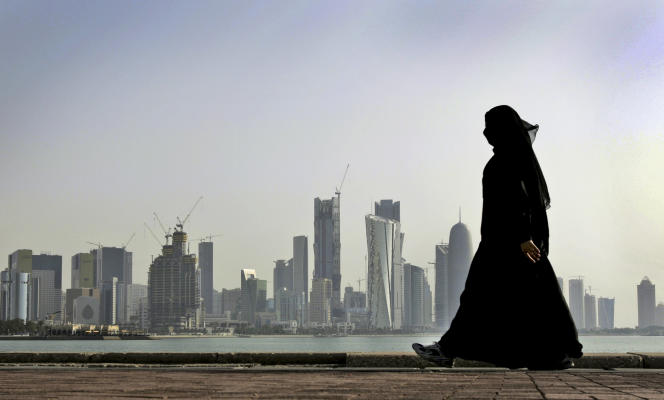En June 2018, women in Saudi Arabia won the right to drive, a reform attributed to Crown Prince Mohammed Bin Salman, which has become emblematic of his authoritarian modernization of the kingdom. A year later, the Travel Documents Law removed the ability for a Saudi man to include his wife or unmarried daughters in his passport, opening up the right for any adult Saudi woman to obtain her own passport. But the Personal Status Law of March 2022 continues to require married Saudi women to obey their husbands to “reasonable manner”with the risk, in the event of abandonment of the marital home, of losing the marital allowance (nafaqah) and custody of their children.
The Saudi case illustrates how the undeniable advances in women’s rights are far from having lifted all the restrictions on their freedom of movement in the Arab world, as well as the analysis “Trapped”, a recent report by Human Rights Watch on the situation in North Africa and the Middle East.
The more progressive Maghreb
Tunisia has legitimately appeared as a pioneer of female emancipation since the personal status code of 1956, which broke with Islamic law, except on the question of inheritance, a girl continuing to receive half of the share of a son. But it was not until 1993 that women were no longer compelled to ” obedience marriage, and 2000 so that they can sign a work contract without their husband’s authorization. And it was not until 2015 that a law authorized either parent to travel with their child, a text adopted two years later requiring a court order for any travel restrictions.
In Morocco, the 2004 Family Code lifts the obligation of marital obedience, and the 2011 Constitution guarantees freedom of movement. In Algeria, it was in 2005 that an amendment to the family code abolished the obligation of marital obedience. Any Algerian citizen over the age of 19 can freely obtain a passport, even if a married woman must then mention the name of her husband, the reciprocal does not exist.
Women’s freedom of movement is much more constrained in the Middle East. Certainly, as was the case in Lebanon, Syria and Libya, they can obtain a passport without male authorization – since 2000 in Egypt, 2005 in Bahrain, 2007 in Qatar, 2010 in Oman, 2013 in Jordan, 2014 in Iraq and 2017 in the United Arab Emirates. But the 2009 reform in Kuwait reserves only Kuwaiti women free access to a passport, the Kuwaiti husband of a non-Kuwaiti woman having to authorize the latter to obtain a passport, and this after at least five years of marriage. And some Gulf State universities still ask for a male “guarantee” before allowing their students to go on field trips.
You have 45.05% of this article left to read. The following is for subscribers only.
